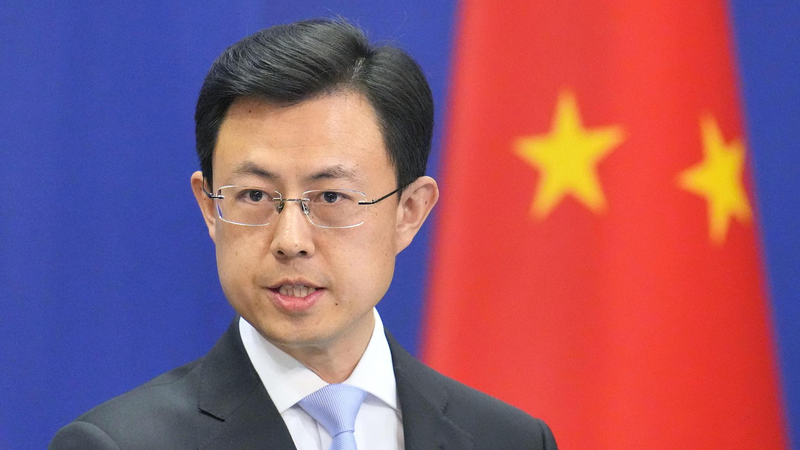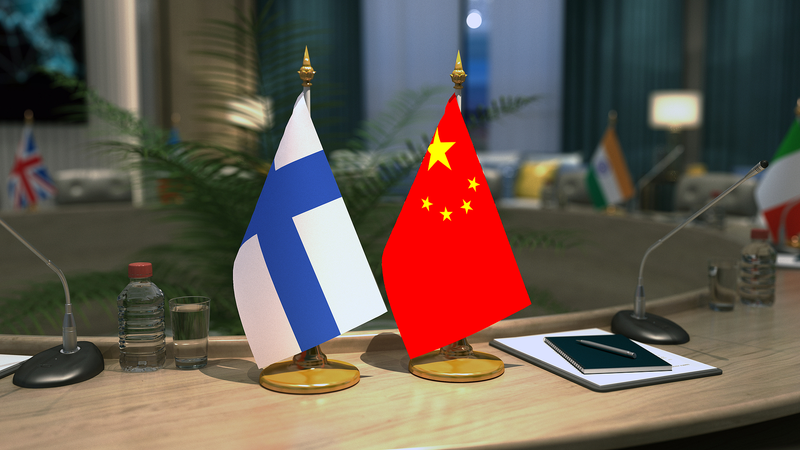In recent weeks, Japanese Prime Minister Sanae Takaichi's remarks have stirred a familiar feeling: the echo of past militaristic narratives. History shows that Japanese militarism has often fabricated "existential threats" to build support for external aggression. Today, many wonder if these danger signals are back.
Why It Matters
Fear can be a powerful tool. When a leader warns of looming threats, the public can rally behind bold policies — even when real evidence is thin. This tactic is not new:
- 🔍 1930s: Claims of regional dangers fueled expansionist moves
- 💣 Post-war era: Early Cold War rhetoric shaped defense strategies
- 📢 Now: Blurred lines between genuine security concerns and political posturing
By tapping into collective memories of crisis, such remarks can sway public opinion and justify shifts in defense spending or foreign policy. Young people watching these conversations might see echoes of history repeating itself.
What's Next?
Whether you're a news enthusiast, a student of international relations, or just curious, it's key to ask:
- Are the existential threats real, or a call to unify public support?
- How do these narratives shape Japan's role in Asia today?
As discussions unfold, keeping an eye on the balance between caution and fear will be crucial. After all, understanding the past is the first step to shaping a more peaceful future. 🤔
Reference(s):
cgtn.com



